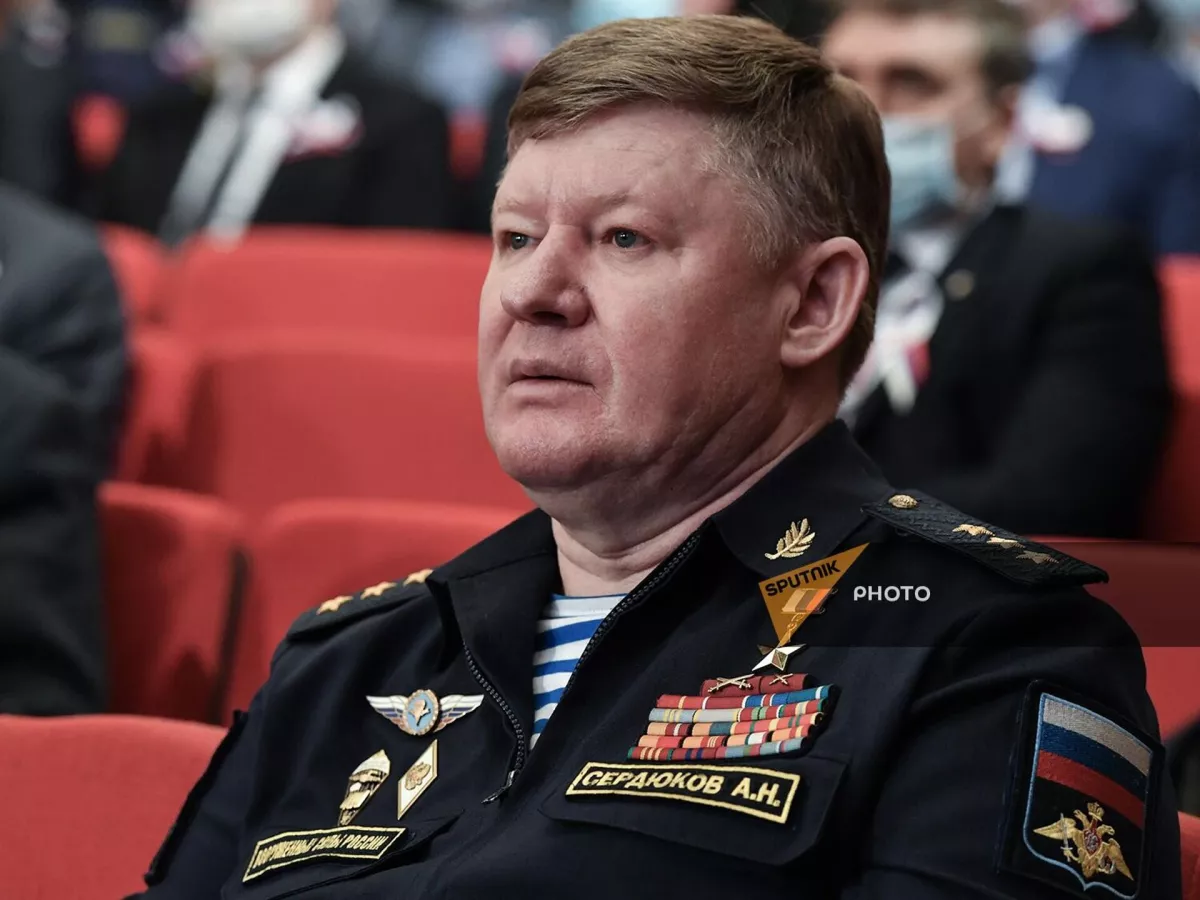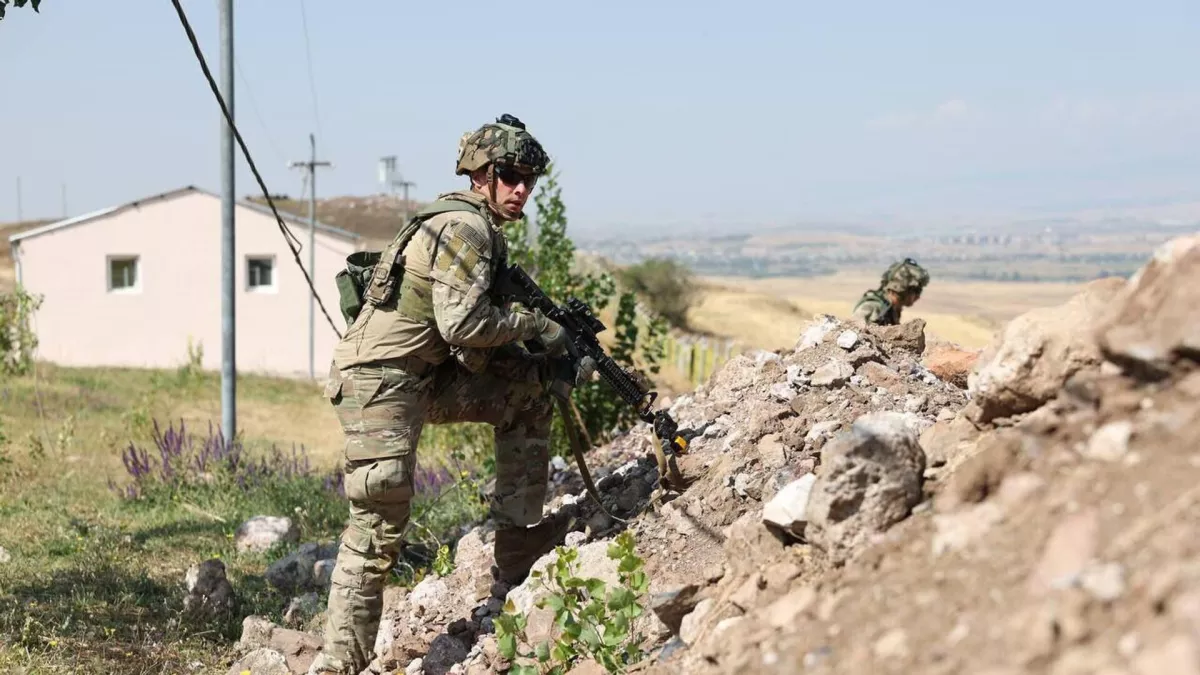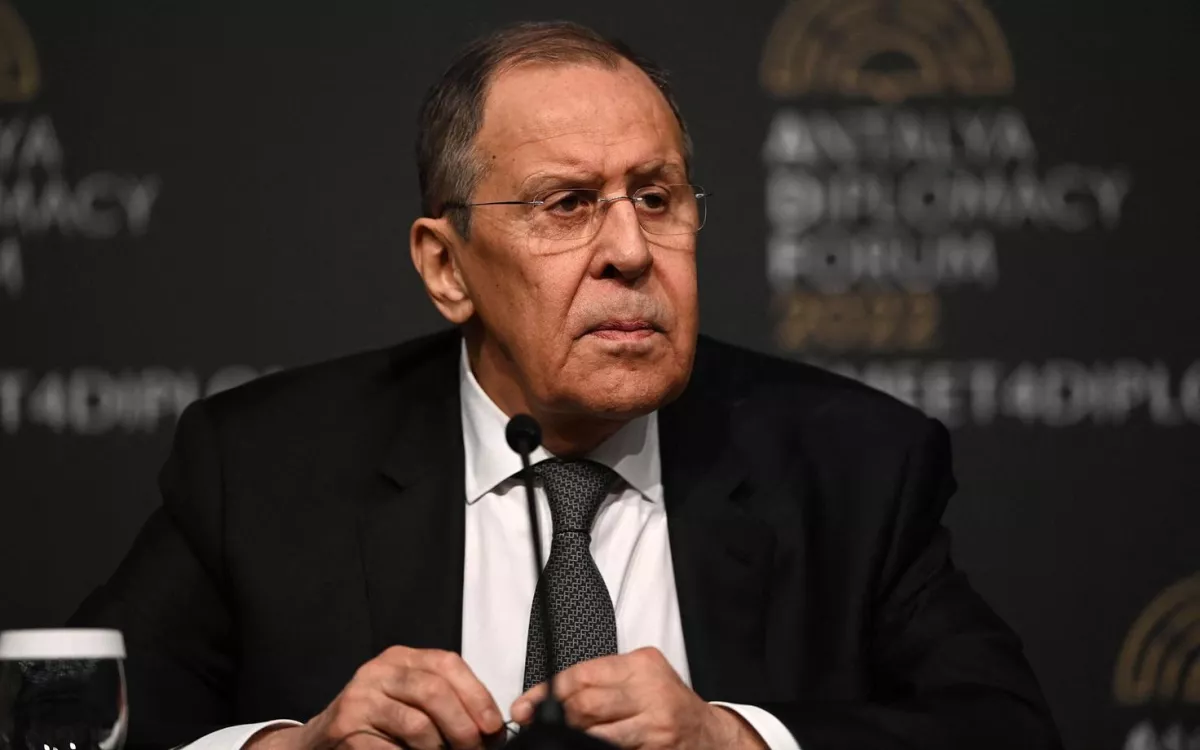Moscow's "soft" pressure on Yerevan Agreements must be honored
Recent statements by Andrey Serdyukov, the Chief of Joint Staff of the Collective Security Treaty Organization (CSTO), regarding the situation in the South Caucasus are not encouraging. They once again highlight that this strategically important region remains under Moscow’s close scrutiny.
Serdyukov expressed serious concern about the complex situation in the South Caucasus, citing the growing influence of the West.
“Particular concern is raised by the high level of contradictions, primarily caused by unresolved territorial issues and the West's attempts to increase its influence in the South Caucasus,” stated the CSTO Chief of Staff.

Serdyukov’s remarks make it clear that Russia is keen to express its concerns to Armenia. Moscow is showing its dissatisfaction with how its former close ally is interacting with the West. Moreover, Russia is suggesting that the Armenia-Azerbaijan conflict might attract new external players, such as the US, to the region.
Recently, Armenia announced plans to upgrade its relationship with the US to a strategic partnership, a development that has caught Moscow’s attention. Russia is troubled by Armenia’s receipt of military aid from the U.S. and France, both of which have their own interests in the South Caucasus.
It is crucial for Russia to keep Armenia within its sphere of influence and to prevent the involvement of external powers in the South Caucasus. Moscow is concerned that increased Western military support for Armenia could ignite a new conflict in the region. With the ongoing war in Ukraine, a new source of tension on its borders is not in Russia’s interest.
Russia also stresses the importance of adhering to the trilateral agreements made between Armenia, Russia, and Azerbaijan from 2020 to 2022. Maria Zakharova, the Russian Foreign Ministry spokesperson, recently reiterated this position, warning that any attempts to undermine these agreements are highly dangerous.

“We are indeed encouraging the parties to resolve this issue, but, as you understand, without implementing the agreements that were reached on pressing issues, it is really quite difficult to achieve this,” Zakharova said, emphasizing that Moscow considers the trilateral agreements between the leaders of Azerbaijan, Russia, and Armenia to be still in effect.
In other words, Moscow is signaling to Armenia and its Western partners that the agreements brokered by Russia are the only viable solution and remain the foundation for Armenian-Azerbaijani reconciliation.
According to Zakharova, the agreements cover all key areas of normalizing relations between Baku and Yerevan. “These agreements, I should remind you, cover all essential tracks for normalizing relations between Baku and Yerevan, including the development of a peace treaty, delimitation and demarcation of the border, unblocking regional transport communications, and fostering contacts between civil societies,” the Russian Foreign Ministry spokesperson clarified.
In March of this year, Russian Foreign Minister Sergey Lavrov stated unequivocally at a briefing during the III Diplomatic Forum in Antalya that Azerbaijan reaffirms its commitment to addressing the issues outlined in the Trilateral Statement.

“We maintain a constant dialogue with our Azerbaijani colleagues, and they reaffirm their commitment to addressing the issues outlined in the trilateral statement between Azerbaijan, Armenia, and Russia,” he said, adding that the development of relations between Azerbaijan and Armenia depends on how the agreements are implemented, including the fulfillment of commitments by the leaders of the countries within these agreements.
Moscow has economic levers to exert pressure on Armenia if necessary. Additionally, the Russian side periodically reminds Yerevan that shifting its foreign policy course could lead to a situation similar to Ukraine’s.
However, the likelihood of Armenia revising its pro-Western stance at the moment is low. Yet, the fact that Armenia has not yet withdrawn from the CSTO indicates that even Moscow’s "soft power" approach toward Yerevan is still quite effective. What might happen if Moscow employs all its pressure tactics is quite evident.








